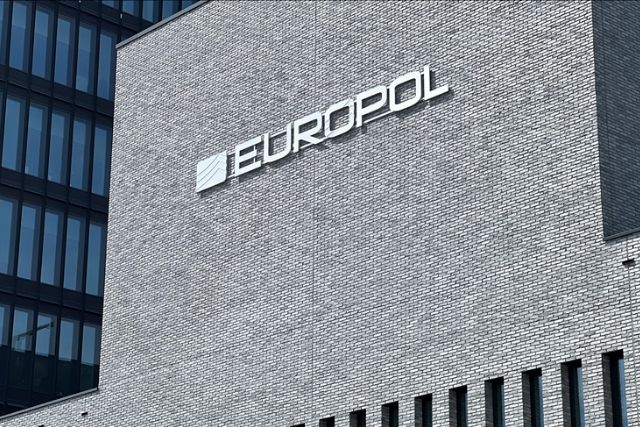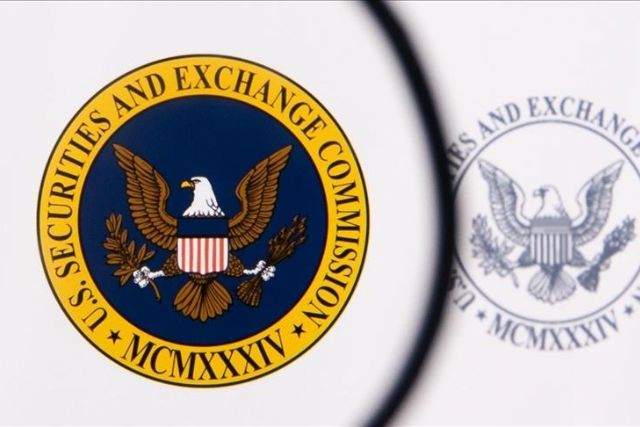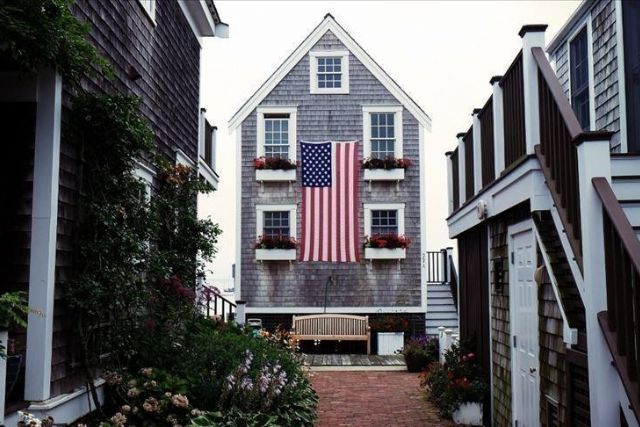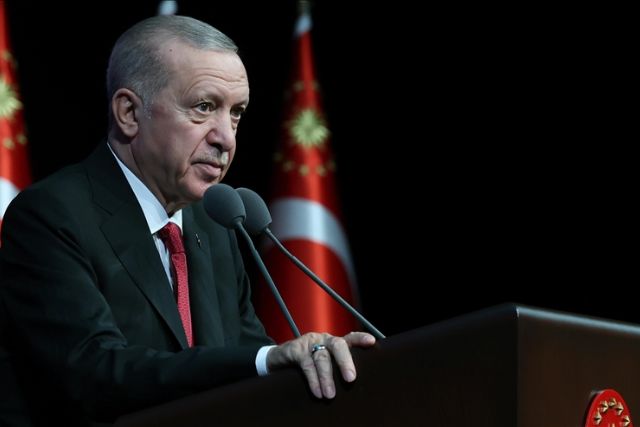Panel marks 1st anniversary of Azerbaijan’s victory in Karabakh
Azerbaijan liberated Karabakh on Nov. 8, 2020 after nearly 30 years of occupation
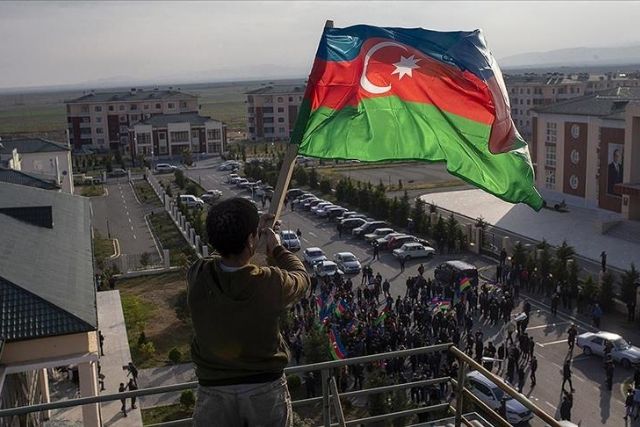
ANKARA
A panel in Turkey's capital Ankara on Monday marked the first anniversary of the liberation of Azerbaijani territories occupied by Armenia.
Titled “The Process from the Shusha Victory to the Shusha Declaration and the Geopolitical Effects of the Victory,” it was co-organized by the Turkish-Azerbaijani Friendship Cooperation and Solidarity Foundation (TADIV), the Turkish Radio and Television Corporation (TRT), TURKSOY, the Azerbaijani embassy in Turkey and the State Committee on Work with Diaspora of the Republic of Azerbaijan at Azerbaijan House in Ankara.
On June 15, Turkey and Azerbaijan signed the Shusha Declaration, a pact that focuses on defense cooperation and establishing new transportation routes.
Turkish President Recep Tayyip Erdogan and Azerbaijani President Ilham Aliyev met in the historic city of Shusha, which was liberated last fall from nearly 30 years of Armenian occupation.
The declaration affirms joint efforts by the two armies in the face of foreign threats and the restructuring and modernization of their armed forces.
In his opening speech, Azerbaijani ambassador to Turkey Rashad Mammadov said that this week, the Turkish people are celebrating Azerbaijan's victory as they were praying for this for the past 30 years with their Azerbaijani brothers and sisters.
“As our hearts beat together during the war, we are together in the victory as well,” he said.
“We were not alone in this war. Turkey was with us. It wasn't necessary for the Turkish army to come and fight with us. Azerbaijan modernized its army in the past three decades as modelling Turkey. We needed moral support, and we got that from our Turkish brothers and sisters,” said Mammadov.
Mammadov said that during the 44-day war, Turkish President Recep Tayyip Erdogan and Turkish Foreign Minister Mevlut Cavusoglu spoke about Azerbaijan in every platform, adding it is important not to forget such a thing.
“This victory is a victory for Turkey as well as for Azerbaijan. This [Azerbaijani] flag is also your flag,” he said.
Mammadov said there are several countries around the world that share a language, culture and the same bloodline but none of them have the relationship that Turkey and Azerbaijan have.
Speaking at the panel, Turkish lawmaker Zeynep Yildiz said the Shusha Declaration is an example of a strategic partnership with a deep share of emotions as well.
It is a manifestation of deep friendship, cooperation and brotherhood, she added.
Ibrahim Ethem Atnur, a professor at the National Defense University, spoke about the historical background of the declaration and said the victory took lots of work and development.
Liberation of Karabakh
Relations between the former Soviet republics of Armenia and Azerbaijan have been tense since 1991, when the Armenian military occupied Nagorno-Karabakh, also known as Upper Karabakh, a territory internationally recognized as part of Azerbaijan, and seven adjacent regions.
New clashes erupted on Sept. 27, 2020, with the Armenian army attacking civilians and Azerbaijani forces and violating several humanitarian cease-fire agreements.
During the 44-day conflict, Azerbaijan liberated several cities and 300 settlements and villages that were occupied by Armenia for almost 30 years.
Prior to that, about 20% of Azerbaijan's territory was under illegal occupation.
The fighting ended with a Russian-brokered agreement on Nov. 10, 2020, with the cease-fire seen as a victory for Azerbaijan and a defeat for Armenia.
Two months later, the leaders of Russia, Azerbaijan and Armenia signed a pact to develop economic ties and infrastructure to benefit the entire region. It also included the establishment of a trilateral working group on Karabakh.


